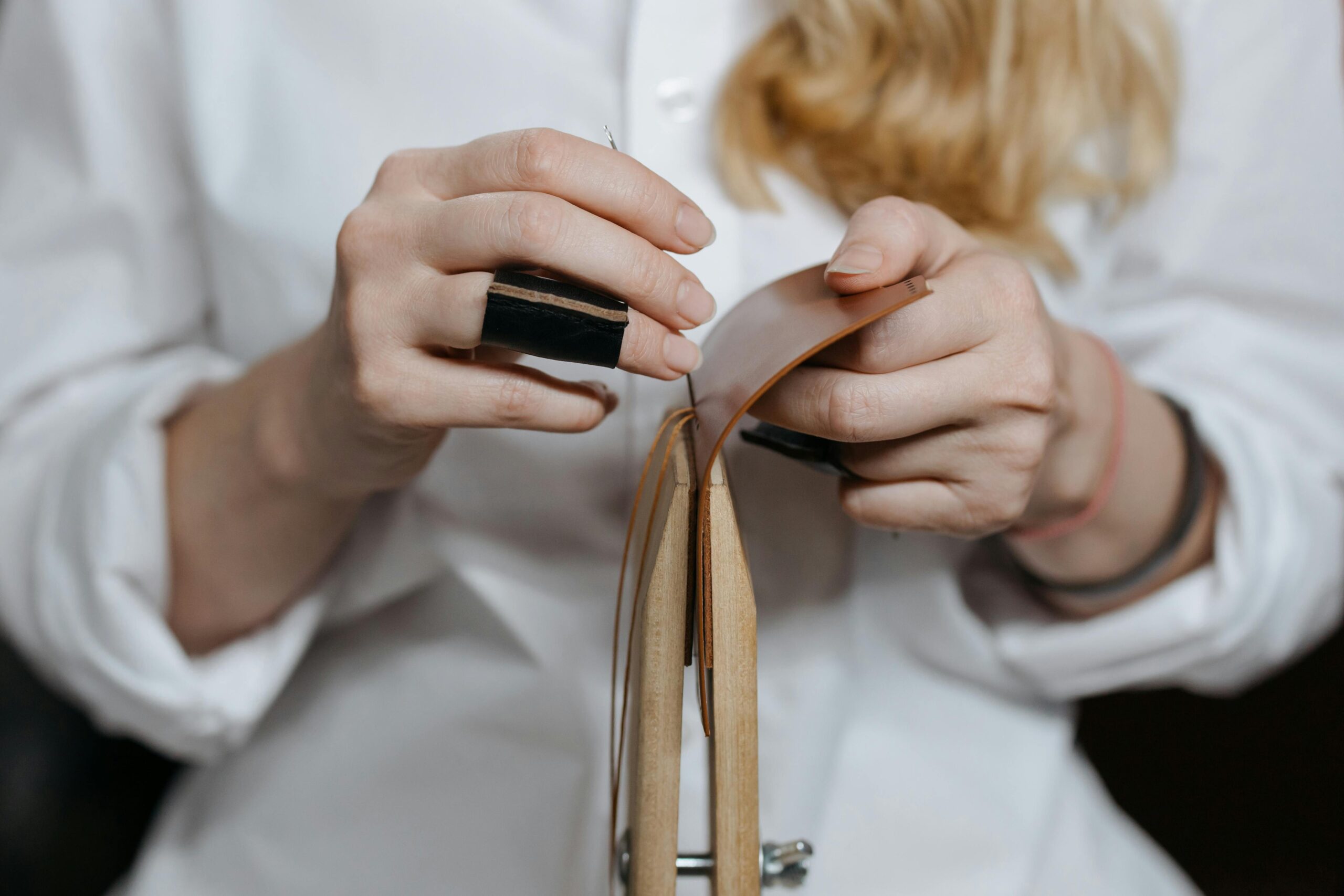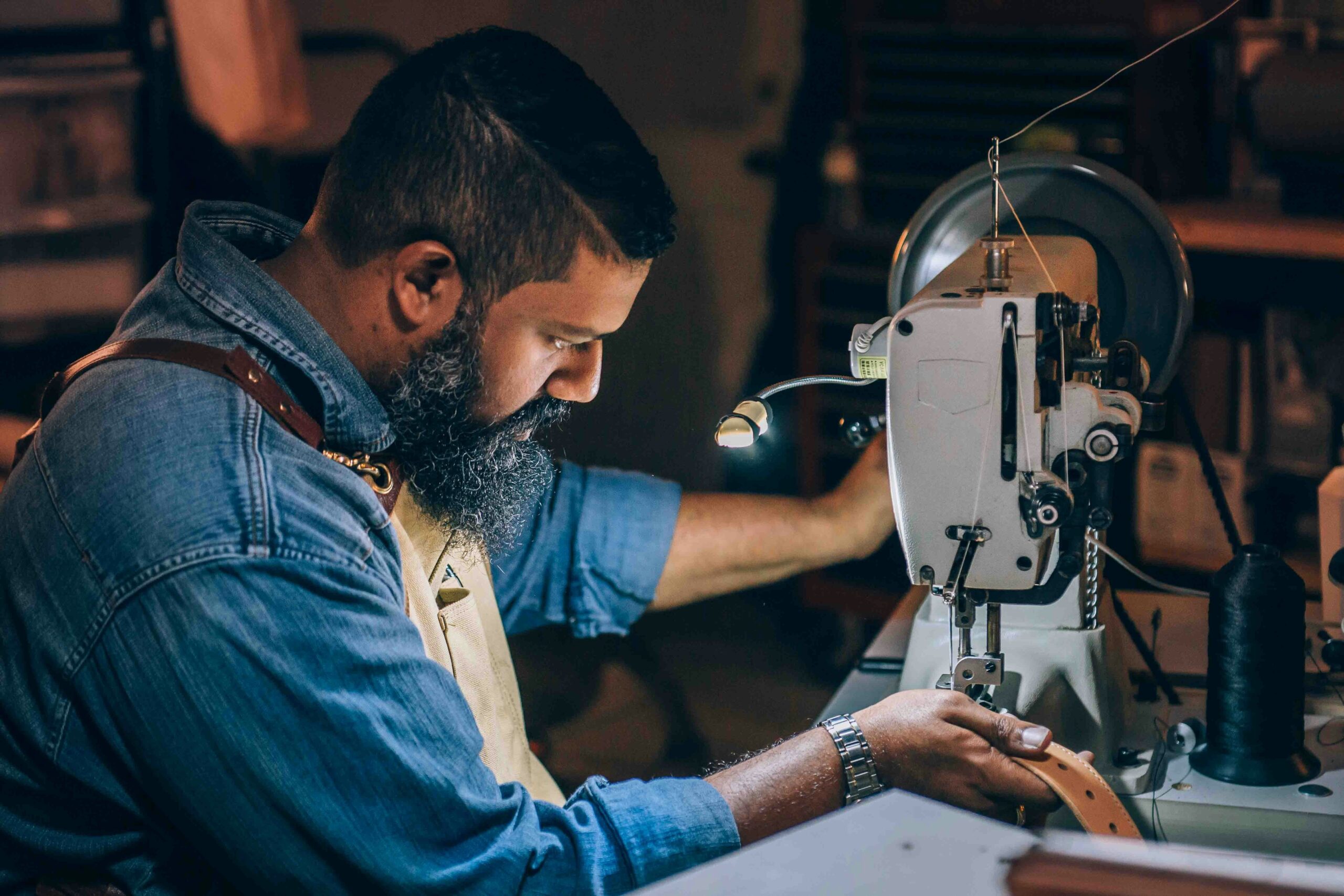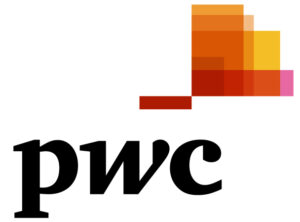Achieving pay equity in the fashion manufacturing industry, will require a collective industry and cultural effort to support SMEs and artisan businesses, increasing transparency and including subcontractors into the value chain.
As a next step GFA and PwC will continue their research on Unpacking Pay Equity in Fashion, to include the French supply chain.
We invite fashion brands, manufacturers, and industry associations to join Global Fashion Agenda in Unpacking Pay Equity in Fashion. To participate in future dialogues or industry initiatives on Pay Equity in Fashion, please contact impact@globalfashionagenda.org.










